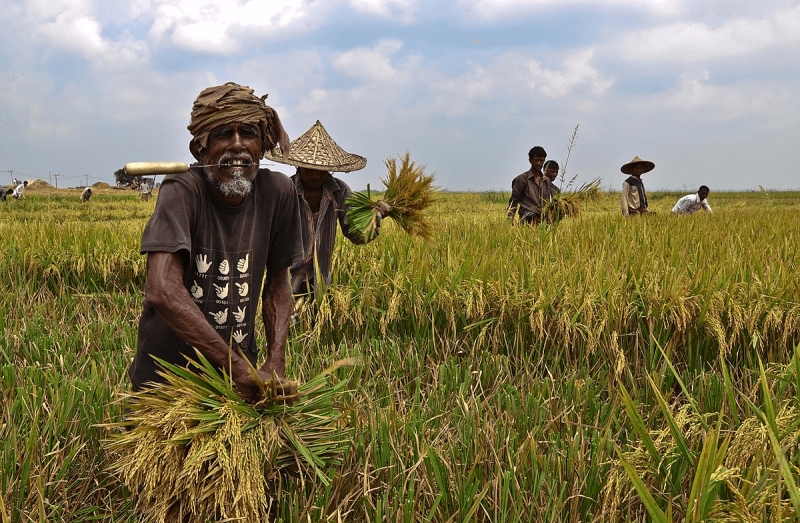Bangladesh is seen as the most willing nation to adopt a modern agricultural policy network, including the use of biotechnology, while India has yet to make its mind on genetically engineered or modified crops, the Foreign Agriculture Service (FAS) of the US Department of Agriculture (USDA) has said.
In Pakistan, a March 2019 moratorium on further approvals for all GM crops except cotton has slowed ongoing research and development activities, while no GM crop is grown in Sri Lanka, the USDA said in its annual report on agricultural biotechnology.
“India remains undecided on genetically engineered (GE) crops, despite its regulatory authorities clearing on the environmental release of GE eggplant (brinjal) and mustard events. Bt cotton (Bacillus thuringiensis) remains the sole crop derived from biotechnology approved for commercial cultivation,” the USDA’s FAS said.
On the other hand, the Indian government has approved for imports soya and canola oils derived from select GE soya and canola events, along with some food ingredients from microbial biotechnology.
…
India’s policy indecision is despite illegal cultivation of unapproved generically modified crops continuing unabated. Quoting industry sources, the USDA said herbicide-tolerate Bt cotton (HTBt) might account for 15-20 of the total cotton acreage in recent years.































